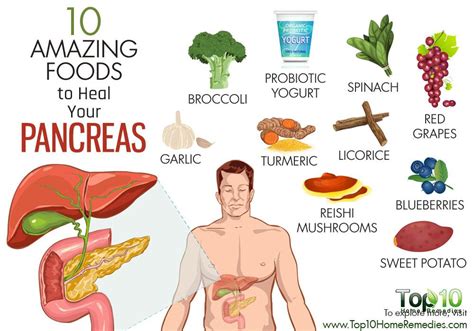How To Treat Pancreatitis: A Comprehensive Guide
Pancreatitis, the inflammation of the pancreas, can be a painful and debilitating condition. Understanding how to treat it effectively is crucial for managing symptoms and preventing complications. This comprehensive guide explores various treatment approaches, emphasizing the importance of seeking professional medical advice. Remember, this information is for educational purposes only and should not substitute for advice from your doctor.
Understanding the Types and Causes of Pancreatitis
Before delving into treatment, it's vital to understand the two main types of pancreatitis:
-
Acute Pancreatitis: This is a sudden and severe inflammation that typically resolves with treatment. Causes include gallstones, alcohol abuse, high triglycerides, certain medications, and infections.
-
Chronic Pancreatitis: This is a long-term, progressive inflammation that leads to permanent damage to the pancreas. Alcohol abuse is the leading cause, but other factors like genetic mutations and cystic fibrosis can also contribute.
Treatment Strategies for Pancreatitis
Treatment for pancreatitis varies depending on the severity and type. Generally, treatment focuses on managing symptoms, preventing complications, and addressing the underlying cause.
Acute Pancreatitis Treatment
Treatment for acute pancreatitis often involves:
-
Hospitalization: Severe cases require hospitalization for monitoring and supportive care. This includes intravenous fluids to prevent dehydration and pain management with medications like opioids.
-
Pain Management: Pain is a significant symptom, often requiring strong pain relievers.
-
NPO (Nothing By Mouth): Resting the digestive system by not eating or drinking is crucial to allow the pancreas to heal. Patients may receive intravenous nutrition.
-
Addressing the Underlying Cause: If gallstones are the cause, surgery or endoscopic procedures might be necessary. If alcohol abuse is a factor, abstinence is essential.
-
Antibiotics: In cases of infection, antibiotics are administered.
Chronic Pancreatitis Treatment
Managing chronic pancreatitis focuses on:
-
Pain Management: Chronic pain can be challenging to manage. This may involve a combination of medications, including analgesics, and potentially procedures like celiac plexus neurolysis.
-
Enzyme Replacement Therapy (ERT): The pancreas produces enzymes essential for digestion. In chronic pancreatitis, enzyme production is impaired, leading to malabsorption. ERT supplements these enzymes.
-
Dietary Changes: A low-fat diet is often recommended to reduce pancreatic stimulation and improve digestion.
-
Managing Complications: Chronic pancreatitis can lead to complications like diabetes, pancreatic pseudocysts, and malabsorption. These require specific treatments.
-
Surgery: In some cases, surgery may be necessary to drain pseudocysts, relieve obstructions, or remove damaged pancreatic tissue.
Home Care and Lifestyle Changes
While professional medical care is essential, certain lifestyle changes can support recovery and prevent recurrence:
-
Dietary Adjustments: A low-fat, bland diet is often recommended, especially during the acute phase. Avoid alcohol completely.
-
Pain Management Techniques: Non-pharmacological approaches like heat packs and relaxation techniques can complement medical pain management.
-
Regular Follow-up: Regular check-ups with your doctor are vital, particularly for chronic pancreatitis, to monitor your condition and manage complications.
When to Seek Immediate Medical Attention
Seek immediate medical attention if you experience:
- Severe abdominal pain: Sudden, intense pain in the upper abdomen radiating to the back.
- Nausea and vomiting: Persistent vomiting that leads to dehydration.
- Fever: A high fever may indicate an infection.
- Jaundice: Yellowing of the skin and eyes.
Pancreatitis is a serious condition requiring prompt medical attention. This information should not be considered medical advice. Always consult with your healthcare provider for diagnosis and treatment. Early diagnosis and appropriate management are crucial for optimal outcomes.
